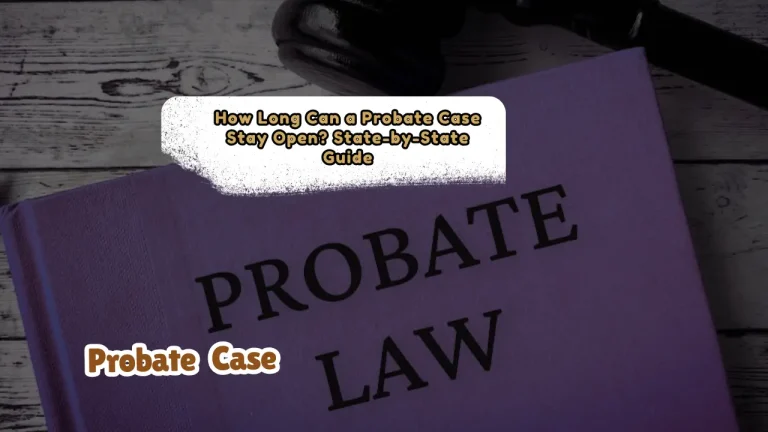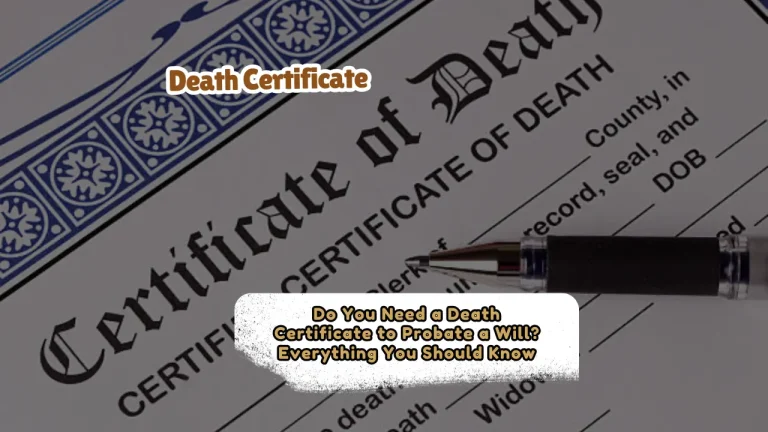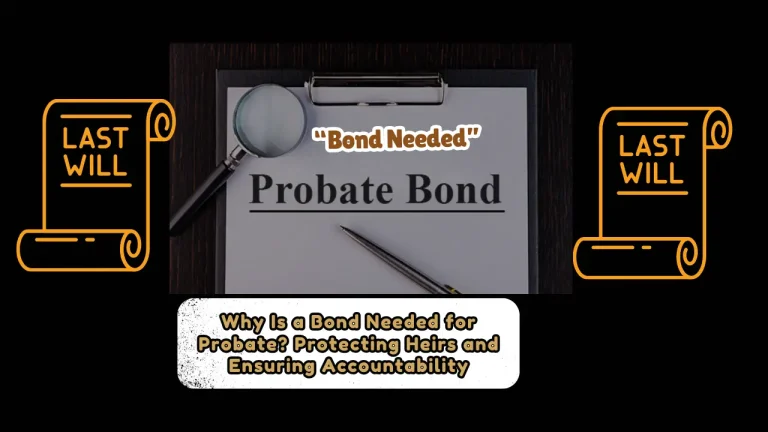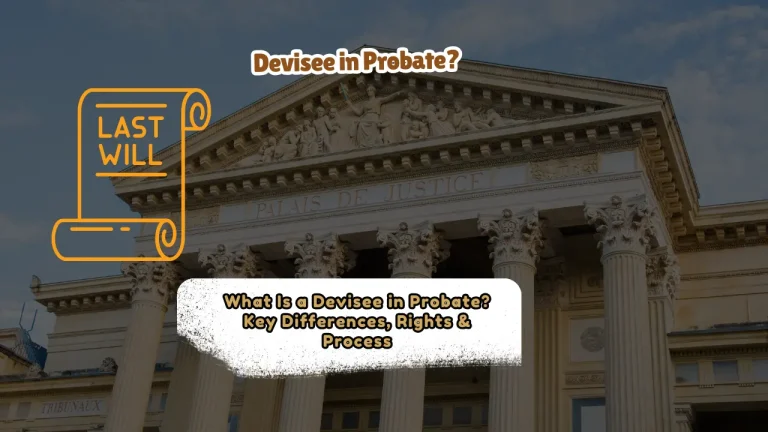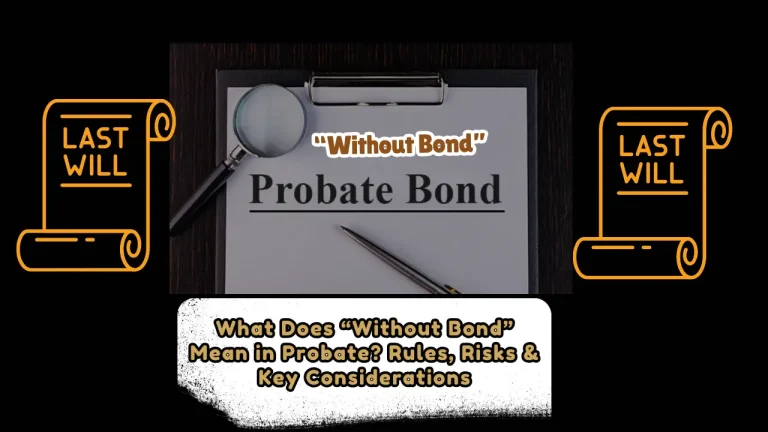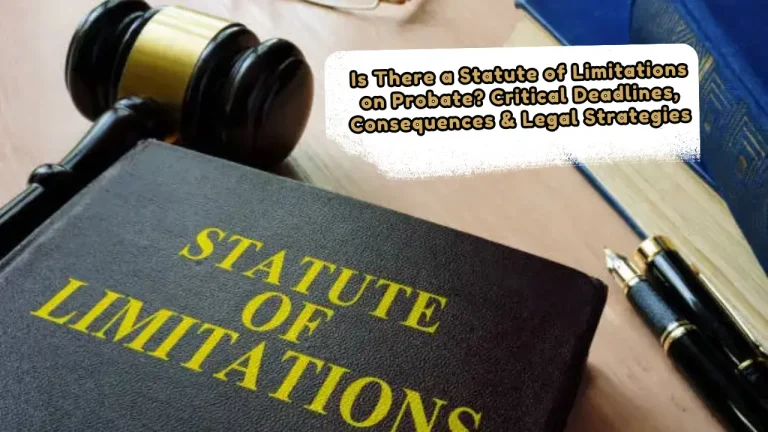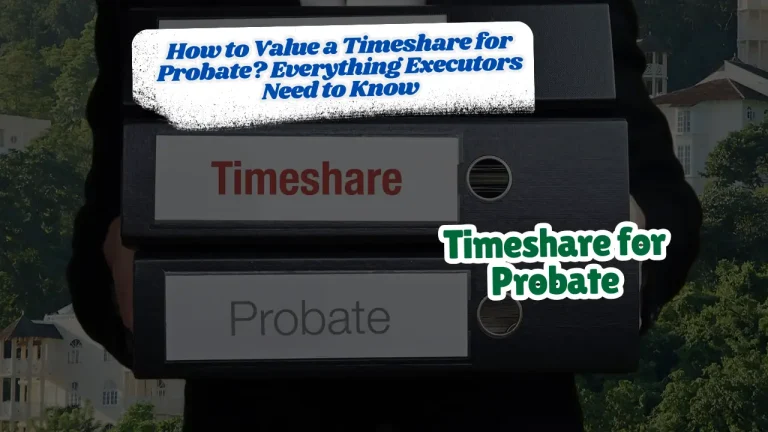How Long Can a Probate Case Stay Open? State-by-State Guide
Most probate cases take 6–18 months to close, but complex estates (e.g., disputes, tax issues, or out-of-state property) can remain open for 2–5 years or longer. State laws rarely set strict deadlines, but courts can pressure executors to resolve cases efficiently. Probate is the legal process of settling a deceased person’s estate, but its duration…

